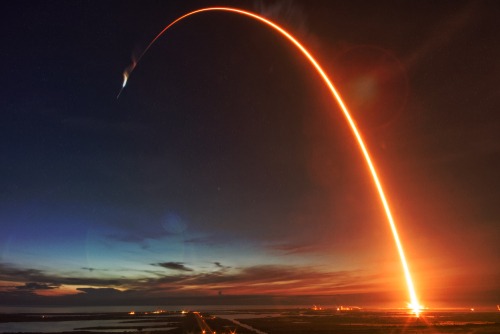
Northrop Grumman Systems and Lockheed Martin have been awarded Department of Defense (DOD) contracts supporting the Next Generation Interceptor (NGI) program.
NGI is an advanced interceptor designed to protect against intercontinental ballistic missile attacks. The DOD would ensure the overall system and components have been flight-tested before making procurement decisions.
The contract, which extends through fiscal year 2022, is structured to carry two designs into the technology development and risk reduction phase of the acquisition program as a means of reducing technical and schedule risk.
“NGI is the result of the first holistic technical assessment of homeland defenses the department has conducted since initial system operations began in 2004,” Vice Adm. Jon Hill, director, Missile Defense Agency, said. “By planning to carry two vendors through technology development, MDA (Missile Defense Agency) will maximize the benefits of competition to deliver the most effective and reliable homeland defense missile to the warfighter as soon as possible. Once fielded, this new homeland defense interceptor will be capable of defeating expected threat advances into the 2030s and beyond.”
Northrop Grumman Vice President and General Manager – Launch and Missile Defense Scott Lehr said the company is honored to be selected as prime contractor to develop the NGI system.
“There is a critical timeline for fielding this capability, and our team brings together the industry’s top missile defense talent, agile design and manufacturing practices, and state-of-the-art operational factories to support the MDA and our nation’s defense against these evolving threats,” he said.
Sarah Reeves, Lockheed Martin’s vice president of the Next Generation Interceptor Program, said the company is proud the MDA entrusted the firm development of the system that will improve the nation’s security for decades to come.




